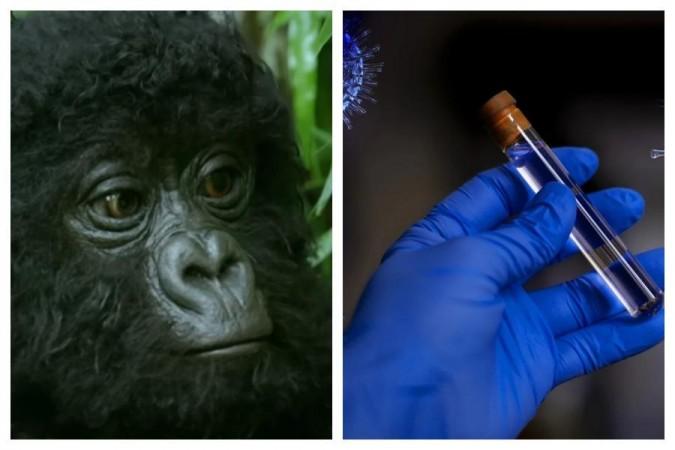The development of pneumonia is one of the most dangerous complications associated with coronavirus infection, and many people all across the world have lost their lives due to severe lung infection. Now, in an attempt to develop an effective vaccine, a team of researchers found that a single dose of ChAdOx1 nCoV-19 has successfully protected six rhesus macaques from pneumonia caused due to coronavirus infection.
A milestone achievement to contain coronavirus
The investigational vaccine is developed by researchers at the University of Oxford Jenner Institute. This newly developed vaccine makes use of a replication-deficient chimpanzee adenovirus to deliver a SARS-CoV-2 protein to trigger a protective immune response.

After developing this investigational vaccine, researchers tested in efficacy on rhesus macaques, and the results were quite surprising. Researchers injected this investigational vaccine on monkeys 28 days before being infected with the coronavirus. They later compared the results with three control animals that did not receive the vaccine.
Compared to control animals, vaccinated monkeys showed no signs of virus replication in the lungs, thus lowering the chances of respiratory infection and severe lung damage.
It should be noted that ChAdOx1 has already been used to create investigational vaccines against other pathogens like MERS.
Coronavirus mutation creates worries
Coronavirus has already killed more than 3,09,086 people worldwide, and the total number of positive cases has crossed 4.5 million. As panic looms up, a previous study report had suggested that coronavirus has already mutated to more than 30 different strains.
The study carried out by researchers at the Zhejiang University in Hangzhou suggested that medical experts might have actually underestimated the mutation capabilities of COVID-19. As different strains of coronavirus have affected people in different parts of the world, medical experts may face difficulties in finding an overall cure for this pandemic.














